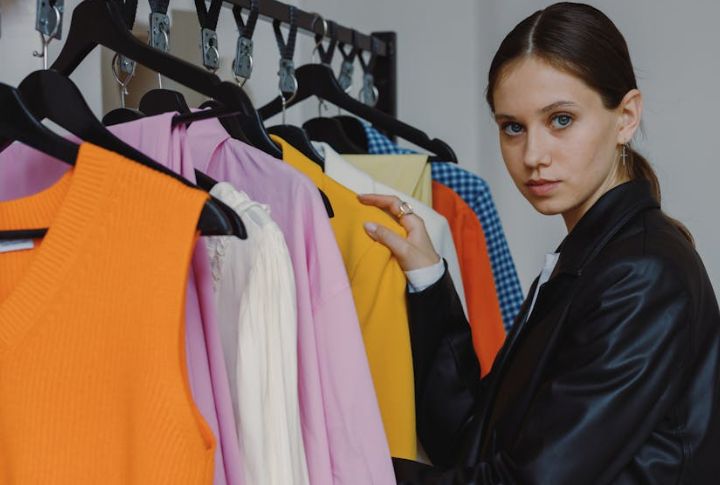
Once upon a time, shopping meant snagging the cheapest, cutest top you could find. Now, women want more than bargains; they want brands that respect the planet and people making the clothes. The fashion game is changing fast. Curious who is missing the mark? Let’s peek behind the racks.
Zara
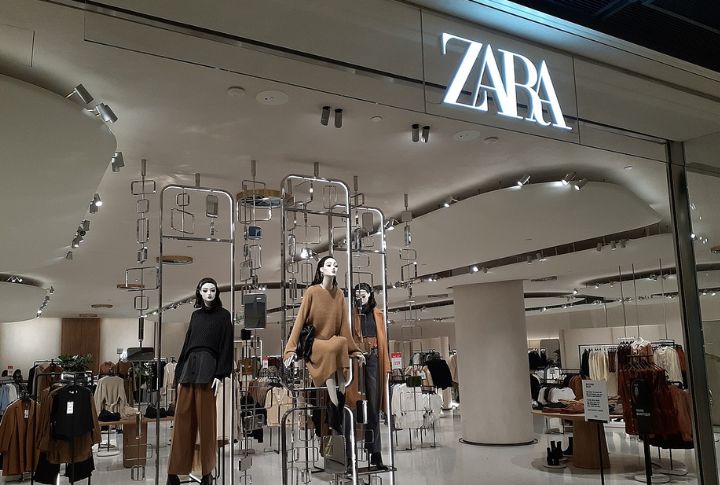
The fashion industry’s wasteful practices came into sharp focus when Zara adapted Toyota’s “just-in-time” manufacturing concept to clothing production. The Spanish retailer now releases fresh collections biweekly, generating substantial textile waste. Plus, their Join Life collection faces criticism as potential greenwashing amid consistently high manufacturing volumes.
H&M
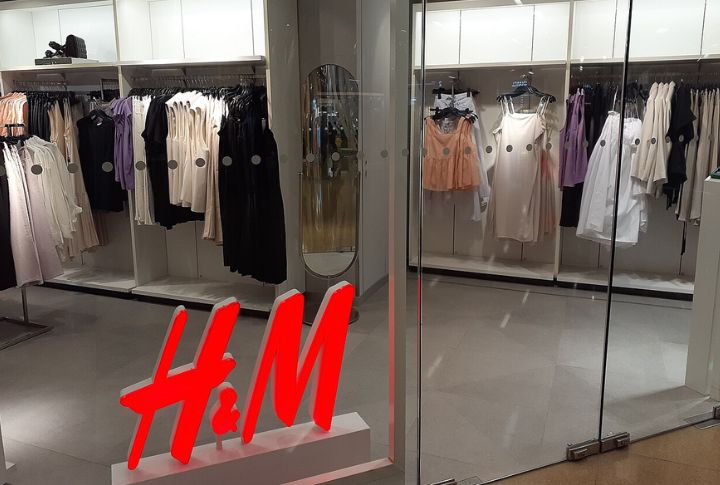
The brand’s journey from a single Swedish shop called “Hennes” to global fast-fashion leader showcases both innovation and controversy. Despite operating one of the world’s most significant clothing recycling initiatives, they still face mounting criticism over their reliance on synthetic materials and their role in driving overconsumption through constant trend cycles.
Forever 21
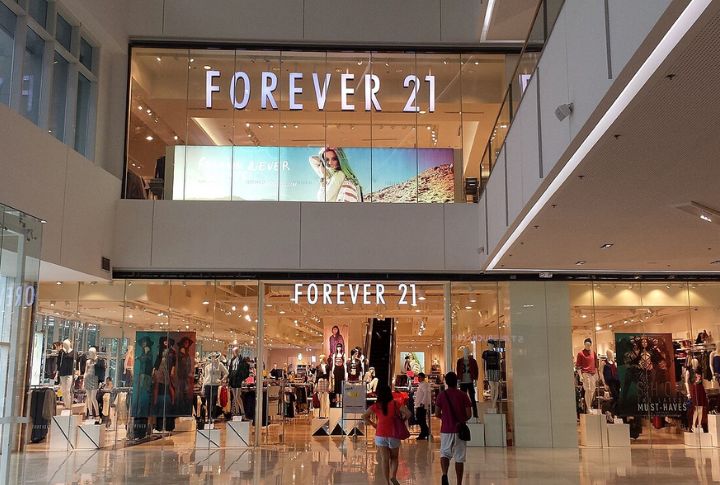
The rise of the fast-fashion giant from a single Los Angeles store in 1984 to a global empire came with significant costs. Forever 21’s rapid-fire trend cycles with rock-bottom prices often result in garments that deteriorate after minimal wear. Recent labor violation reports in their supply chains have further pushed many conscious consumers to seek alternatives.
Shein
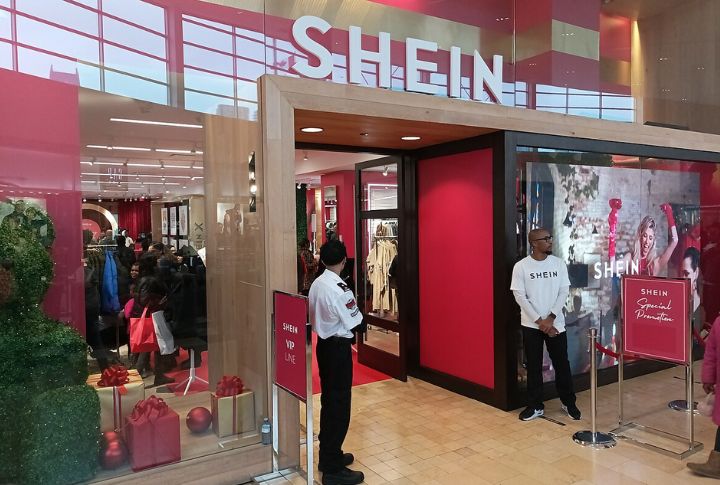
The expansion of Shein’s business model has sparked widespread criticism in the fashion industry. With items sometimes priced below $5, the online retailer has created an unprecedented culture of disposable clothing. In fact, many consumers now question the actual cost behind the brand’s lack of transparency.
Uniqlo
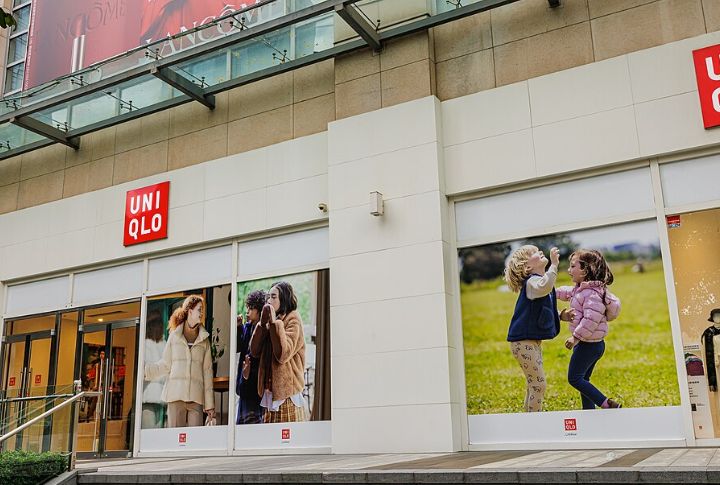
Despite being known for quality basics and its temperature-regulating Heattech technology, the Japanese retail brand Uniqlo faces growing criticism from environmentally conscious shoppers. Its name, a blend of “unique” and “clothing,” also frequently appears on lists of “fast fashion brands to avoid” because of ongoing concerns about sustainability.
Topshop
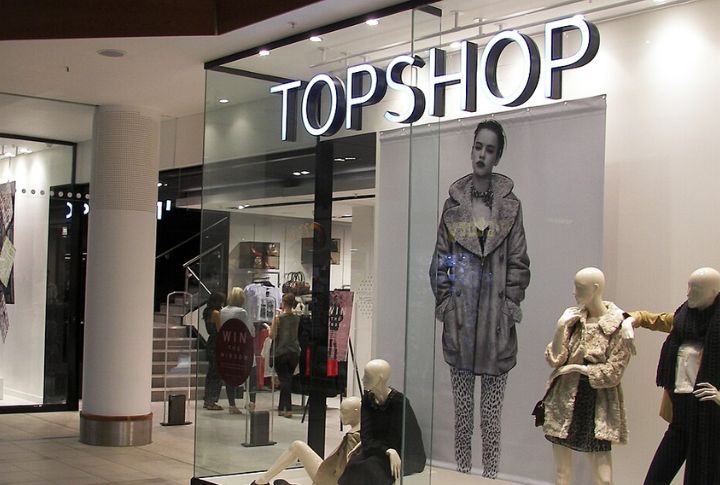
Topshop was once celebrated for making runway trends accessible to the public. Currently, it faces consumer pushback in its sales. Rising from a 1964 British department store to an international fashion name, the brand is increasingly criticized for unsustainable practices and questionable supply chain ethics.
Boohoo

Through acquisitions including PrettyLittleThing and Nasty Gal, Boohoo positioned itself as a dominant force in fast fashion. Its vast inventory, often around 36,000 products, also caters to young, price-sensitive shoppers. Yet investigations into labor conditions and a recently introduced return fee have raised concerns about the sustainability of its model.
Mango
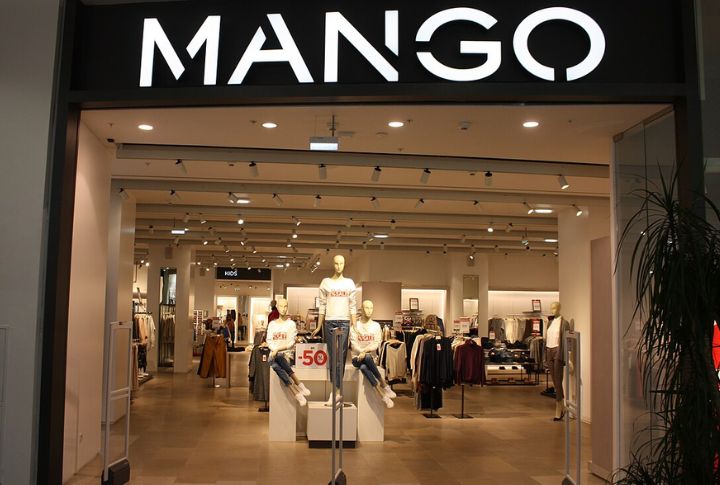
Mediterranean clothing powerhouse Mango has built its reputation on trendy designs and celebrity endorsements from its Barcelona headquarters. However, the brand’s commitment to rapid collection launches and synthetic fabric choices has sparked criticism from environmentally conscious consumers seeking more sustainable fashion options.
Urban Outfitters
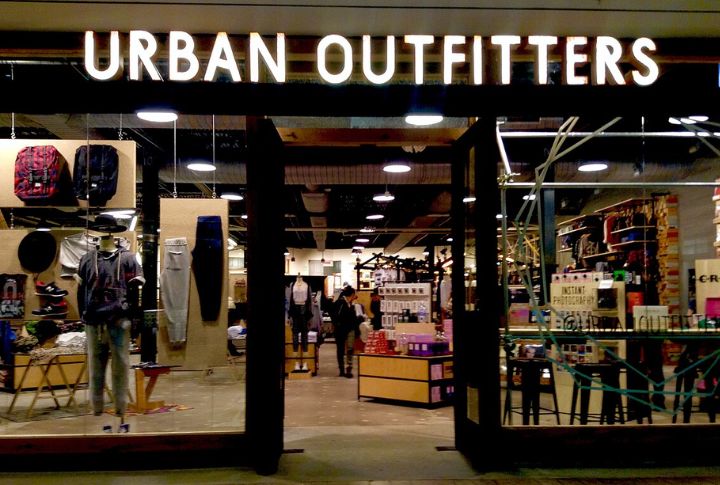
Urban Outfitters traces its roots to a small Philadelphia store called Free People, later expanding globally with sister brands like Anthropologie. The company has been criticized for weak supply chain oversight and reliance on unsustainable materials. In fact, according to the 2023 Fashion Transparency Index, it scored between 11% and 20%, raising concerns among consumers.
Fashion Nova
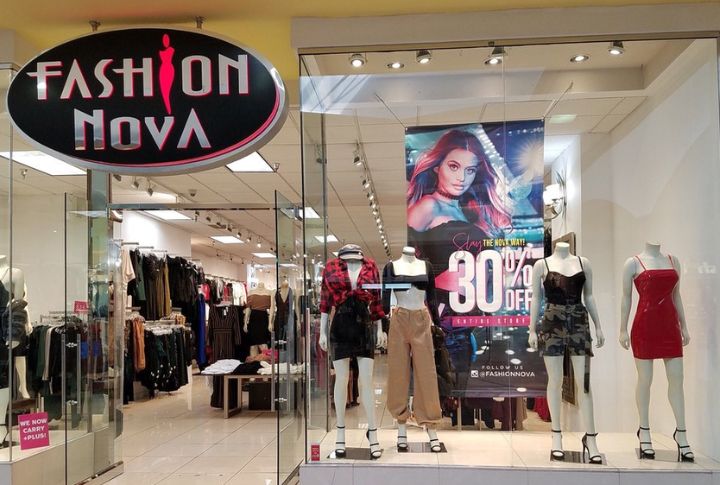
They skyrocketed in popularity thanks to high-profile endorsements from celebrities like Kylie Jenner and Cardi B on Instagram. Fashion Nova built its reputation on ultra-fast fashion that offered low-cost replicas of celebrity looks. However, growing concerns over its lack of transparency in labor practices have left many consumers questioning the actual cost of its trendy pieces.
